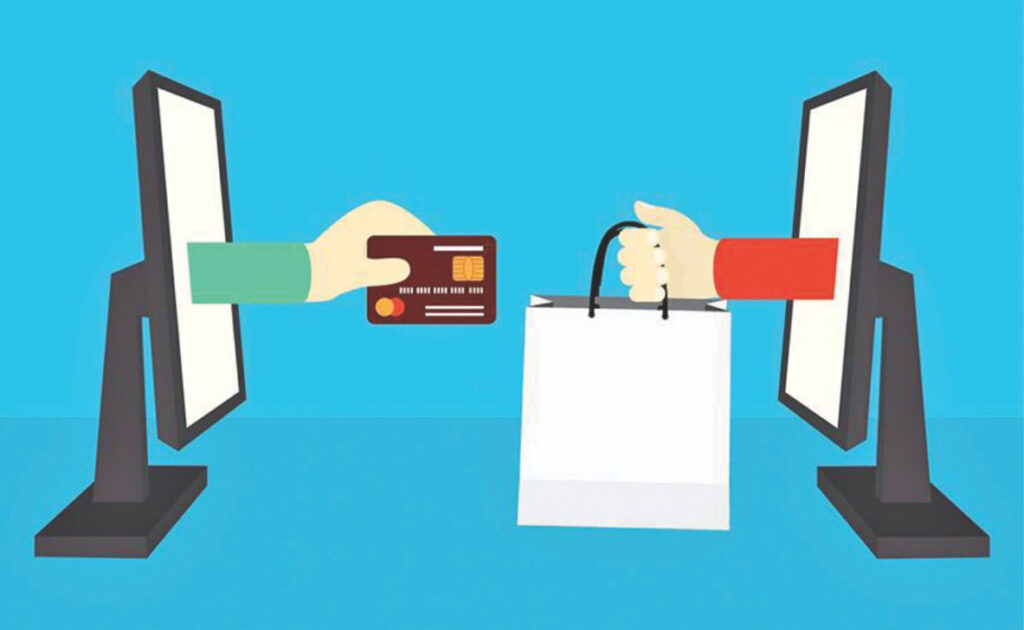At least Tk 127 crore owed by e-commerce companies to customers as refunds has been stuck in payment gateways since 2021, according to the commerce ministry documents.
The government had introduced an escrow system that year amid widespread scandals at the e-commerce companies, which had been failing to deliver products after taking advance payments.
Such cases of fraud in the guise of e-commerce rose sharply across the country in the last 10 years, costing thousands of people their hard-earned money.
Many victims held onto hopes of getting back a portion of their investment upon the government’s intervention, but they are now disconsolate due to the slow process of disbursing the money.
Fahim Shahriar, a customer of Qcoom, told The Daily Star that he ordered two Yamaha R15 bikes at a total cost of Tk 320,000 in July of 2021.
Keenly aware that the fair market value of the two bikes amounted to around Tk 5.82 lakh, the company’s lucrative offer appeared too good to pass on.
Read more: Employees of US-Bangla donate one day’s salary for flood victims
He was supposed to get the product within 30 working days, but till date he has neither received any bike nor any refund.
“I went to the Qcoom office several times to get the money back. Each time, they promised to return it. But I haven’t got the money back yet,” he added.
Qcoom CEO Md Ripon Mia said the money in now stuck as its disbursement requires clearance from both the Bangladesh Bank and the commerce ministry.
“I have got approval from Bangladesh Bank, but not from the commerce ministry, because of which the payment gateway companies could not disburse the money,” he added.
A nine-member probe committee was formed to investigate the scenario of the undisbursed money from the payment gateways on May 19 this year.
According to its report, the Directorate of National Consumer Rights Protection (DNCRP) received a total of 35,437 complaints from people seeking compensation.
Till July 31, the DNCRP managed to settled 16,667 complaints.
Documents show that the government had Tk 534 crore in escrow, from which funds worth Tk 407 crore were disbursed after settling complaints.
Escrow is a legal concept describing a financial agreement whereby an asset or money is held by a third party on behalf of two other parties that are in the process of completing a transaction.
Escrow accounts are managed by escrow agents, such as payment gateways like Bkash, Nagad, Software Shop Limited, and some banks.
Read more: Prime Bank pledges Tk2 crore relief package for flood-affected areas
A DNCRP official told The Daily Star that the pace of disbursing refunds was still quite slow.
“If the commerce ministry informs the Bangladesh Bank about the matter and requests them to take appropriate action, the customers will get their money back quickly,” he said.
Md Sayed Ali, deputy secretary of the central digital commerce cell at the commerce ministry, said Tk 88.14 crore could be refunded immediately.
“Some companies have no activities and some of them do not have their operations in the provided location,” he said.
“The owners of some of these companies are absconding. No one is communicating on behalf of their organisation, so we cannot verify the customers’ claims.”
Ali said payment gateway companies informed them that the e-commerce companies’ delay in providing the list of customers was the main reason for the slow pace of refund disbursement.
AHM Shafiquzzaman, director general of the DNCRP, said only the companies could say how much money of the customers are stuck in payment gateways.
He said the system they accessed does not show the number of customers.
According to the DNCRP, payment gateways have money from 34 e-commerce companies.
Qcoom has Tk 61 crore and Evaly has Tk 13.04 crore stuck in payment gateways.
The Daily Star tried to contact Evaly but failed.
The Criminal Investigation Department has been investigating money laundering charges filed against Anonder Bazar, DhamakaShopping, E-orange, Akashneel, Alif World, Dalal Plus and Thale.
E-commerce businesses started in Bangladesh in 1999 with online shop Munshiji, which spread after 2010 when the internet and digital payment options became widely available, according to the DNCRP’s probe report.
It added that a competitive e-commerce business started in 2015.
However, some companies started such ventures without any prior experience and then started announcing inconsistent discounts and other offers to take control of the market.
In 2019, businesses with such risky business models began springing up on a massive scale, the report said.


